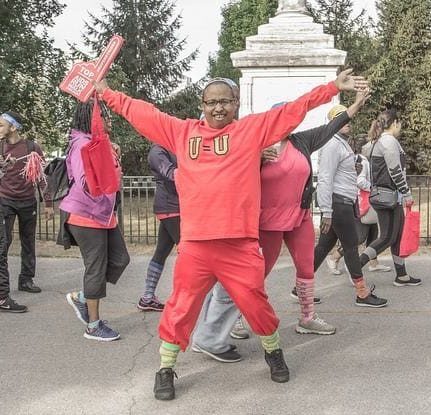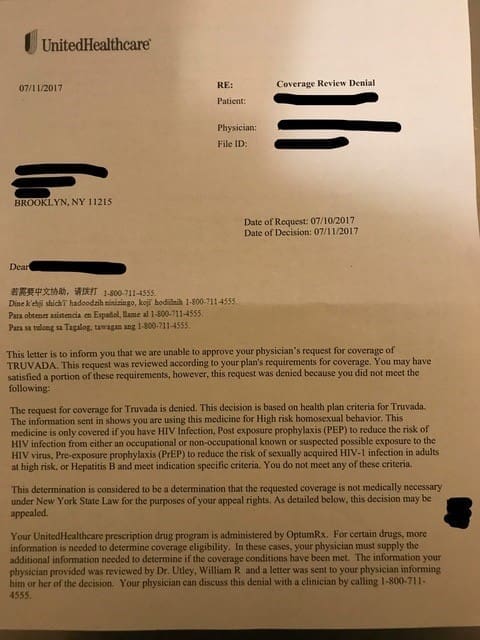AIDS Foundation of Chicago Lauds Federal Waiver for Early Enrollment in Medicaid in Cook County, Says Reform Will Benefit Those Living With HIV/AIDS
Early implementation of the Affordable Care Act will lead to long-term reduction in
health care costs, but a careful rollout will be necessary to avoid disruptions in HIV care.
Media contact: John Peller, 312-334-0921
The AIDS Foundation of Chicago (AFC) applauds the Obama administration’s approval on Friday of a federal waiver to allow more people to enroll in Medicaid in Cook County, as an early implementation of an Affordable Care Act provision.
The approval of the waiver, which is reported to be worth as much as $100 million a year, will mean more than 100,000 uninsured Cook County residents will be enrolled a year early in the expanded Medicaid program — a crucial part of the health care reform law. The new program has the potential to transform health care access for people living with HIV, promising significant long-term reductions in health care costs and fewer new HIV cases.
AFC estimates that 1,500 to 1,800 people with HIV will be eligible to enroll in the new program.
“We commend the Obama Administration’s approval of the Cook County 1115 Medicaid waiver,” said David Ernesto Munar, AFC’s president/CEO. “We congratulate Cook County Board President Toni Preckwinkle and Dr. Ram Raju, CEO of the Cook County Health and Hospitals System, on achieving this milestone in reinventing the county health system. Thanks to their tireless efforts, tens of thousands of low-income, uninsured people will gain access to comprehensive health coverage.”
The Obama administration is allowing Cook County to implement, a year early, a provision of the ACA that will provide Medicaid coverage to any U.S. citizen earning less than 133% of the Federal Poverty Level (FPL) or about $15,400 per year for a single person. The special program will also require enrollees to be residents of Cook County.
Today, low-income people with HIV can obtain basic primary care and life-saving HIV medications through the federal Ryan White Program, Munar said. But they’re forced to rely on charity care for serious non-HIV conditions, such as cancer, and would have to pay out-of-pocket for medications to treat common conditions such as depression or heart disease.
“Sadly, too many low-income people with HIV can’t obtain these medications, and their co-occurring conditions are often unmanaged,” Munar said.
The new Cook County program will give these individuals access to comprehensive medical coverage for all health conditions. But careful implementation will be important.
“We pledge to work hand-in-hand with Cook County health system leaders to implement the new program,” said John Peller, AFC’s vice president of policy.
If the waiver is not phased in properly, people with HIV stand to lose access to services because of an archaic provision in the Ryan White Program, Peller said. In fact, implementation problems with a similar program in California significantly disrupted access to care for people with HIV.
“We have already had many discussions with Cook County health system officials on the importance of careful implementation for people with HIV, and we are confident they will do everything in their power to avoid disruptions,” Peller said.
Ramon Gardenhire, director of government relations for AFC, noted that the Illinois General Assembly passed legislation in May clearing the way for the new Cook County Program.
“All low-income people in Illinois should have the same access to Medicaid as Cook County residents,” Gardenhire said. “We urge the General Assembly and Governor Quinn to act immediately this fall to change state law to implement the Affordable Care Act, including covering this new Medicaid population.”
Cook County officials have not yet announced when enrollment will begin or how individuals can apply for services. AFC urges HIV service providers and low-income people with HIV to watch closely for information on the new program, and to act quickly when enrollment information becomes available.
Founded in 1985 by community activists and physicians, the AIDS Foundation of Chicago is a catalyst for local, national, and international action against HIV/AIDS.
aidschicago.org
####



